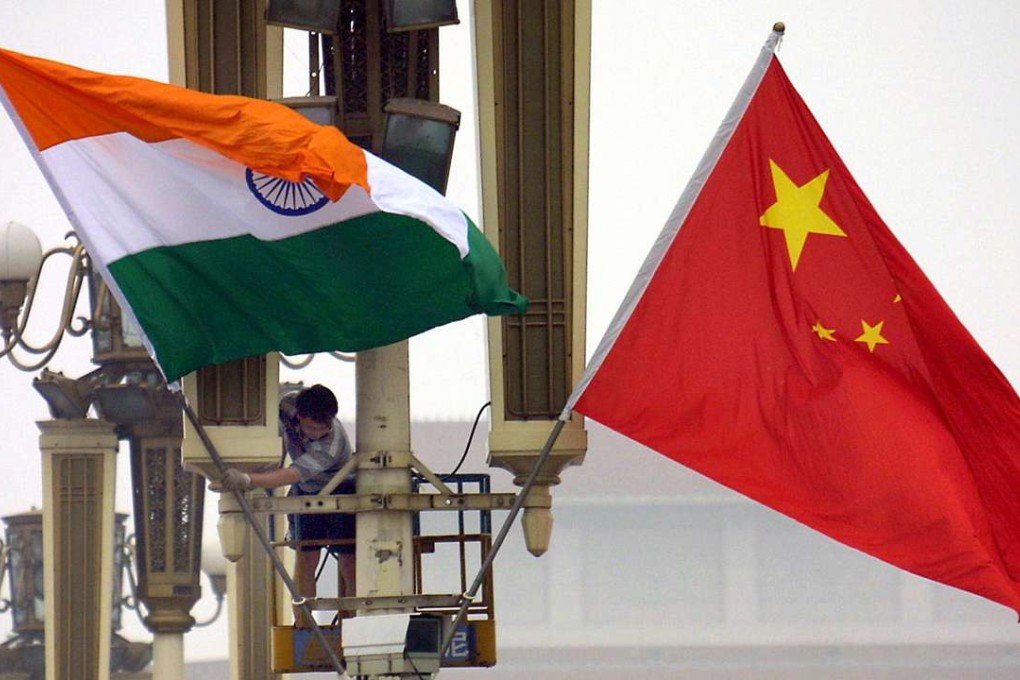‘Follow one-China policy’: Beijing warns India over Taiwan delegation

China has lodged a strong complaint with India over a rare visit by a Taiwanese parliamentary delegation, warning New Delhi to follow one-China policy and refrain from any official contacts with Taipei.
Sharply criticising the visit, foreign ministry spokesperson Geng Shung said Beijing had lodged a “solemn representation” with New Delhi to not have any official contact with Taiwan.
Beijing has always opposed any kind of official contact between Taiwan and countries that have diplomatic ties with China, he said.
Geng spoke against any proposal to upgrade India-Taiwan ties, and warned India to be strict about following the one-China policy and be “prudent” about its ties with Taiwan.
India has no formal diplomatic relations with Taiwan. The de facto Indian embassy in Taipei is called the India-Taipei Association and the Taiwanese maintain the Taipei Economic Cultural Center in New Delhi.